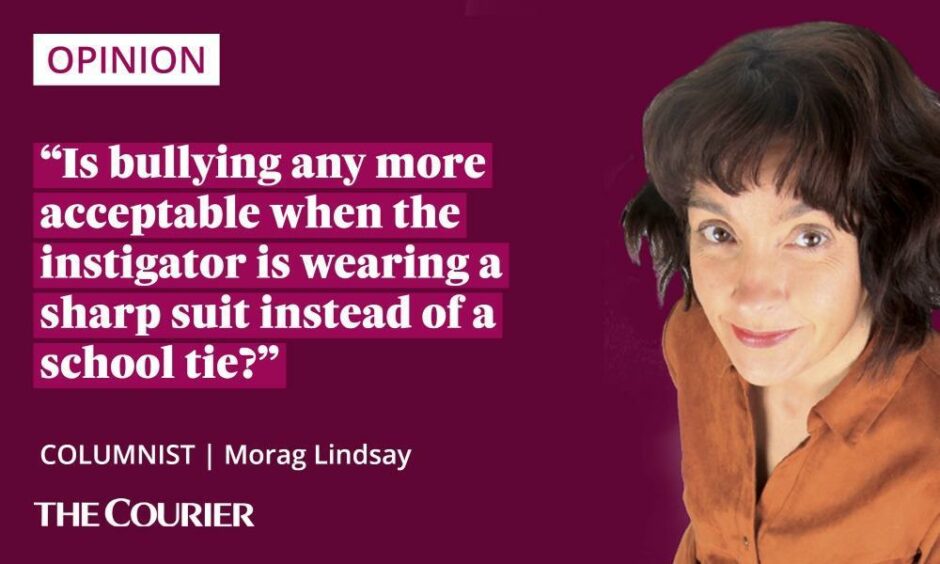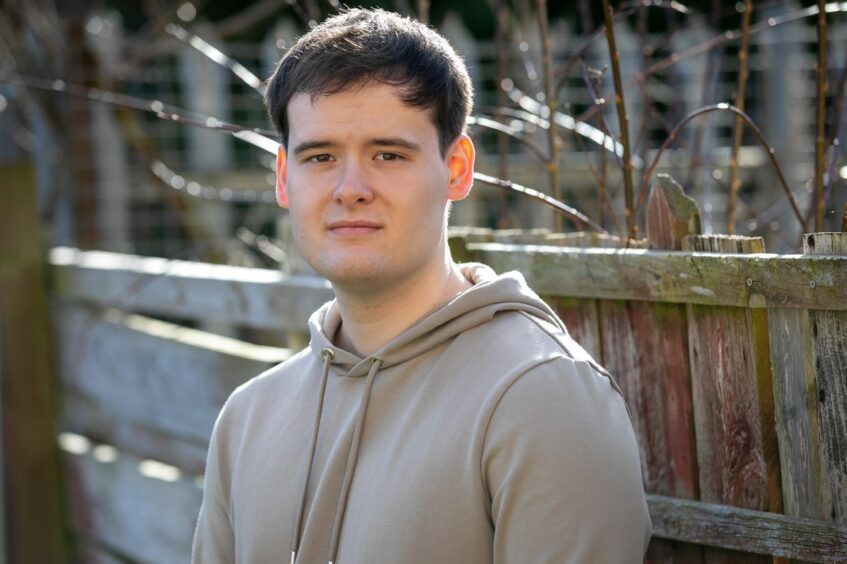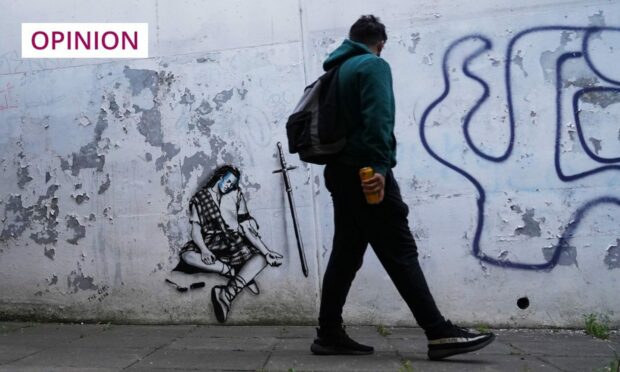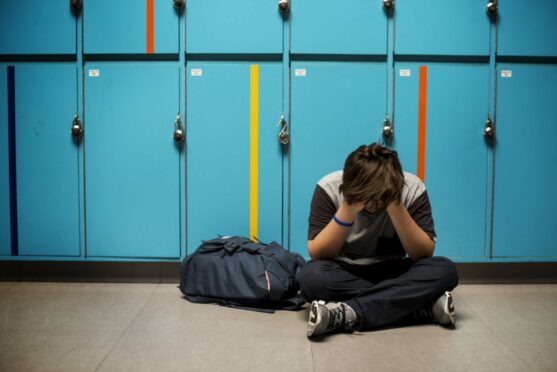There’s been a lot written about Will Smith’s behaviour at the Oscars ceremony this week.
But not so much about his target, the comedian Chris Rock.
And in the week The Courier’s school bullying investigation prompted calls for government action, that feels significant.
To recap, Rock cracked a ‘joke’ about Smith’s wife, Jada Pinkett Smith, making fun of her shaved head.
I should say Pinkett Smith looked stunning. Oh that I could carry off a baldy napper with half her panache.
But her style is less a fashion choice, more a way to manage the medical condition alopecia, which causes her hair to fall out.
And if that’s not bullying, I don’t know what is.

Pinkett Smith looked hurt and uncomfortable, as well you might if hundreds of your peers were laughing at your expense in the full glare of the TV cameras and a worldwide audience of 16 million.
And that’s when the spotlight switched to her husband, as he stormed onto the stage and smacked Rock in the mouth.
Who gets punished in cases like this?
It wasn’t big and it wasn’t clever. And the repercussions are still coming.
There’s talk of the Academy of Motion Picture Arts and Sciences suspending Will Smith’s membership. An unfortunate post-script to his Best Actor win.
Turns out violence really isn’t the answer, even for A listers.
But is bullying any more acceptable when the instigator is wearing a sharp suit instead of a school tie?
And is the markedly different reaction to the two men’s behaviour all that different to what goes on in playgrounds across the country?
How many little kids are told they have to stand up to bullies if they or their friends are being targeted.
And how many of them are being left to face the consequences while the bullies go on laughing in their faces?
Families’ stories made harrowing reading
Our investigation made for compelling, and at times heartbreaking reading.
One seven year-old girl in Fife told her mother she wanted to die.
Another girl developed an eating disorder and attempted suicide after years of abuse. When bullies threw her down concrete stairs at her school in Perthshire, police told her family it was a school matter. But no punishments were ever dished out.
The mother of a teenage boy with autism said he was terrified to go to his school in Angus because bullies had threatened to kill him.
Rebecca McCurdy, the Courier reporter responsible for the series, even shared her own experiences of being tormented and humiliated on a daily basis as a schoolgirl.
It’s the story that’s stuck with me most. If you haven’t read it I urge you to do so.
Impact of bullying can last a lifetime
I hope Rebecca won’t mind me saying this. But when she started working with us a few years ago, I was struck by how quiet and nervous she seemed.
Her lack of confidence just didn’t square with her talent or ability.
I didn’t understand where her timidity was coming from.
I’d open my mouth but the words wouldn’t come out. And when they did, I would be a mumbling, stuttering mess
When I read her account, I got it.
Rebecca wrote: “When you are told you’re worthless often enough, you might just start to believe it.
“I’d open my mouth but the words wouldn’t come out. And when they did, I would be a mumbling, stuttering mess, afraid of saying the wrong thing or looking stupid.
“This is the biggest issue that has followed me into my adult life.”
Government urged to give schools tools to act
The harm caused by bullying doesn’t stop when you finish school. It can last a lifetime.
Yet time and again, the young people and families who spoke to us expressed their disappointment and frustration at schools’ failure to act.
That’s led opposition politicians to demand proper consideration of the problem by the Scottish Government.
Scottish Liberal Democrat education spokesman Willie Rennie and his Scottish Conservative counterpart Oliver Mundell both intervened this week.
They want more training and resources to give teachers the confidence to tackle bullying behaviour.
They’re also calling for bullying to become part of school inspections by the new body that replaces Education Scotland.
And they want pupils to be asked about the issue by inspectors.
Time for action to match pledges on bullying
The Scottish Government has insisted bullying has no place in society.
Its Respect for All: national approach to anti-bullying document states: “Bullying of any kind is unacceptable and must be addressed quickly. Bullying should never be seen as a typical part of growing up.”
That’s easy to say.
But the young people and families who spoke to us say there’s often a mismatch between the best intentions of the authorities and the way they respond when bullying happens.
For the sake of all the people who found their voices, I hope their concerns are heard.
And I hope their courage in speaking out results in meaningful change to tackle bullying, its causes and consequences.
Because if we learned anything from the Oscars this week it’s that actions speak louder than words.


















